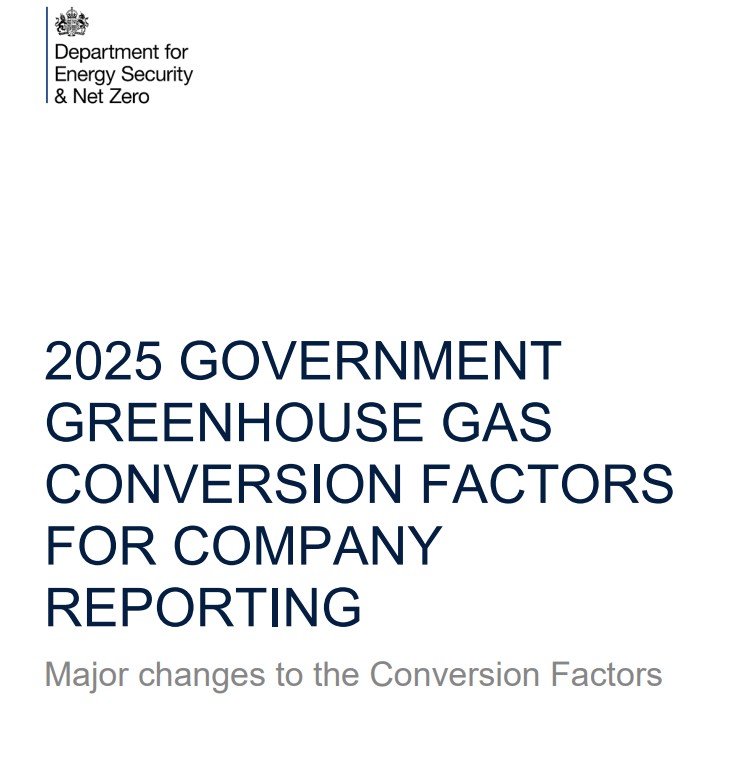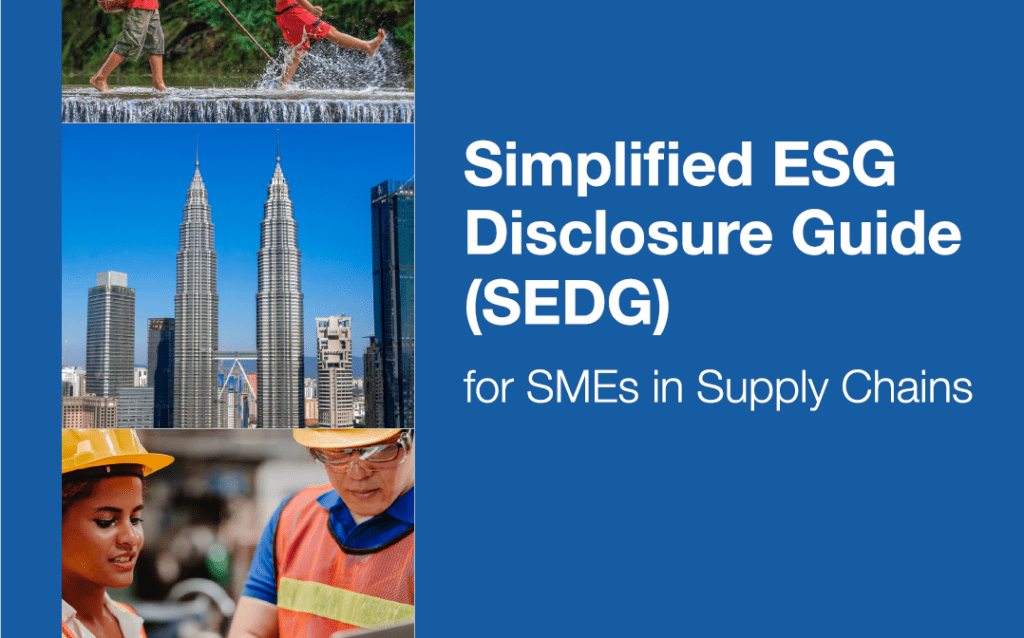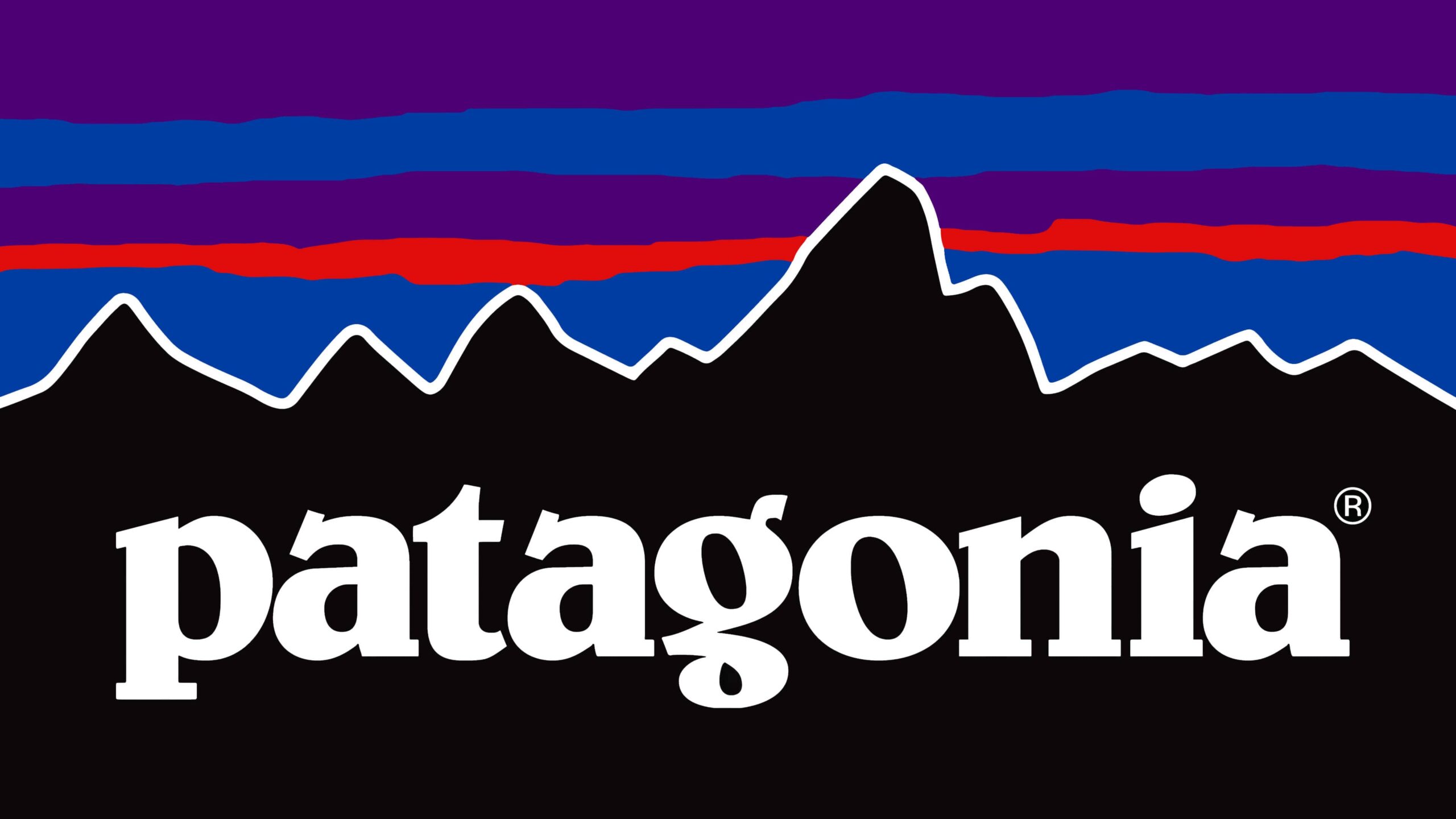
2025 Government Greenhouse Gas Conversion Factors for Company Reporting
Major changes to the Conversion Factors

Major changes to the Conversion Factors

The SEDG is a guide to help your company decide what Environmental, Social and Governance (ESG) disclosures to track and report. It covers indicators that can be tracked and disclosed to measure ESG progress. The target users are SMEs that are compelled to track and report on ESG data – usually because they want to, they are being asked to, or they want to qualify for
incentives.

Supplement to the GHG Protocol Corporate Accounting and Reporting Standard

A checklist aimed at helping companies implement socially and environmentally responsible policies, authored by outdoor apparel organisation Patagonia, known for its high standard of ESG and CSR. The checklist covers

The FCA’s handbook includes a chapter on ESG and all the relevant obligations and reporting financial service firms must meet, including guidance on developing a Task Force on Climate-related Financial

A Corporate Accounting and Reporting Standard. The Greenhouse Gas Protocol Initiative is a multi-stakeholder partnership of businesses, non-governmental organizations (NGOs), governments, and others convened by the World Resources Institute (WRI),

This report sets out the Bank’s latest thinking on climate-related risks and regulatory capital frameworks. The report includes updates on: capability and regime gaps; capitalisation timelines; and areas for future

Employee Resource Groups (ERGs) are affinity groups formed in organizations big and small to promote the needs of underrepresented identities. These groups have emerged as a critical tool for maximizing

UK Government advice on Access to Work. The scheme can help you get or stay in work if you have a physical or mental health condition or disability.

Government guidelines on how to employ apprentices and make use of the apprenticeship levy all organisations are contributing towards.
The Payments Association
St Clement’s House
27 Clements Lane
London EC4N 7AE
© Copyright 2024 The Payments Association. All Rights Reserved. The Payments Association is the trading name of Emerging Payments Ventures Limited.
Emerging Ventures Limited t/a The Payments Association; Registered in England and Wales, Company Number 06672728; VAT no. 938829859; Registered office address St. Clement’s House, 27 Clements Lane, London, England, EC4N 7AE.








Log in to access complimentary passes or discounts and access exclusive content as part of your membership. An auto-login link will be sent directly to your email.
We use an auto-login link to ensure optimum security for your members hub. Simply enter your professional work e-mail address into the input area and you’ll receive a link to directly access your account.
Instead of using passwords, we e-mail you a link to log in to the site. This allows us to automatically verify you and apply member benefits based on your e-mail domain name.
Please click the button below which relates to the issue you’re having.
Sometimes our e-mails end up in spam. Make sure to check your spam folder for e-mails from The Payments Association
Most modern e-mail clients now separate e-mails into different tabs. For example, Outlook has an “Other” tab, and Gmail has tabs for different types of e-mails, such as promotional.
For security reasons the link will expire after 60 minutes. Try submitting the login form again and wait a few seconds for the e-mail to arrive.
The link will only work one time – once it’s been clicked, the link won’t log you in again. Instead, you’ll need to go back to the login screen and generate a new link.
Make sure you’re clicking the link on the most recent e-mail that’s been sent to you. We recommend deleting the e-mail once you’ve clicked the link.
Some security systems will automatically click on links in e-mails to check for phishing, malware, viruses and other malicious threats. If these have been clicked, it won’t work when you try to click on the link.
For security reasons, e-mail address changes can only be complete by your Member Engagement Manager. Please contact the team directly for further help.